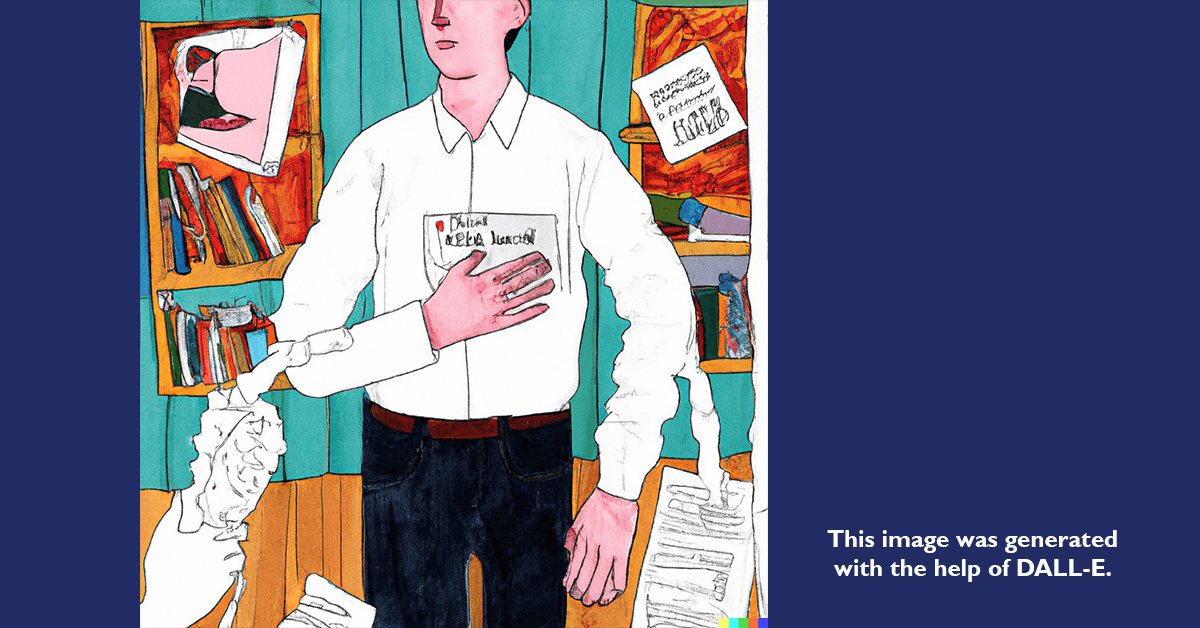March 8, 2023
When I was in college, I had a colleague who was several years older, widely read, and was ready to provide an authoritative answer to any question at the drop of a hat. His answers were literate, often inspired, sometimes witty, and inevitably and at times wildly inaccurate. My friend was not widely published, so it was hard to pin him down as having said something wrong, nor was he ever very clear on where his ideas or even his quotes came from. But he was always up to the task of providing an answer when asked.
Now having such a friend posed a challenge. It was easy to ask him questions, but was it worth doing the work to discern if his answers were correct? Should I just cite him and attribute what he said to his as-yet-unpublished manuscript? Or would it have been better to encourage him to put it in his blog so that I could cite it explicitly by putting down the date it was viewed?
Of course, citations play several roles in writing. They provide attribution of origin for thoughts, insulating one from accusations of plagiarism. They also provide support for…

